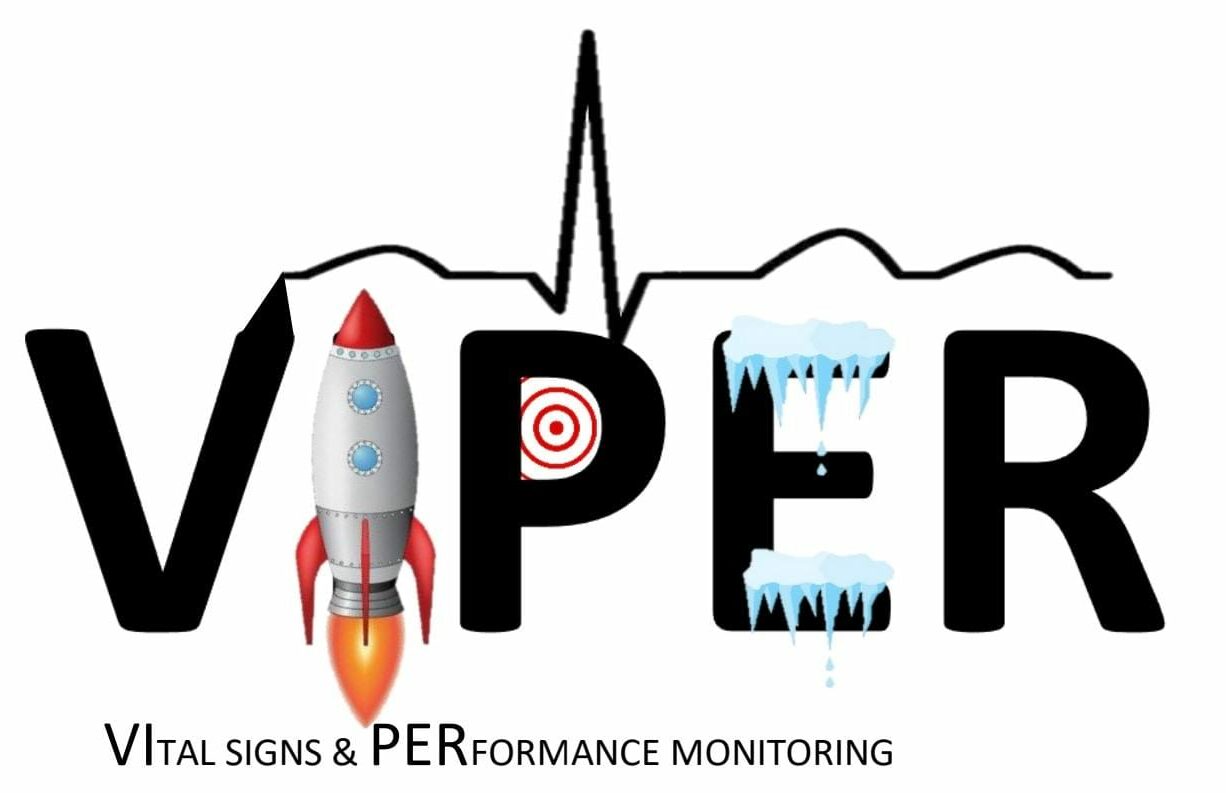HYP²
Team
Principal investigator: Prof. Dr. Nathalie Pattyn (VIPER, Royal Military Academy)
This study is performed in collaboration with Professor Romain Meeusen en Professor Bart Roelands, from the Department of Human pHysiology (MFYS), Vrije Universiteit Brussel; Professor Igor Mekjavic, of the Jozef Stefan Institute and the measurements are performed in the hypobaric chamber of the Centre for Aerospace Medicine of the Military Hospital.
This project is funded by DoD.
Publications
What
Many parameters affect the capacity to exercise and think clearly. The effect will depend on the type of activity, the duration of the activity and environmental factors. The two most important ambient influencers are heat and hypoxia. Indeed, subjects need significantly more time to complete an exercise in the heat compared to normal ambient temperature. Exercise capacity is limited at high altitude where hypoxia (the decreased amount of inspired oxygen resulting in decreased oxygen in the blood) is present, and severe hypoxia has already shown to decrease cognitive function. Both environmental stressors appear to exert their effect through processes involving the central nervous system. The likelihood of these two conditions (heat and altitude stress) happening at the same time in real-life is limited to specific locations (regions in South America, Afghanistan and the rest of central Asia, China, and even closer to home in for example the Alps). By researching the psychophysiological mechanisms of fatigue, this project will improve knowledge on performance degradation in sustained operations involving both thermal stress and even mild to moderate hypoxia due to altitude. Eventually, the newly acquired knowledge aims at sustaining performance in these conditions, preventing health issues in deployed recruit, and identify selection markers for operational qualification.
How
When
The study is currently ongoing.
